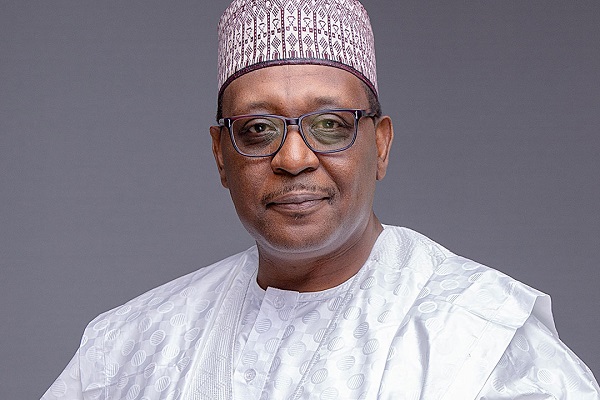
The coordinating Minister of Health and Social Welfare, Prof. Muhammed Pate has urged efforts to enhance immunisation rates and strengthen Nigeria’s healthcare system.
Speaking through the ministry’s director of planning, research and statistics, Dr. Chris Isokpunwu, Pate emphasised the critical need to address low immunisation rates among children in Nigeria during the strategic retreat of the 7 health committees of the National Assembly under the Legislative Network for Universal Health Coverage and Health Security (LNU) held in Abuja.
Concerns were raised about the alarmingly low immunisation rates in the country, with only 10 per cent of children receiving any form of immunisation. The minister underscored the significant risks this poses to the health of these children as they grow into adulthood and the urgent need for changes in the healthcare system to address this issue.
One of the proposed changes he suggested was a revision of the laws regarding identity formation and position to ensure that immunisation becomes a top priority over the next four years. He stressed that children who have received at least one dose of immunisation still face multiple health challenges, leading to high mortality rates. Thus, the healthcare system was identified as a crucial area that needs to be strengthened to effectively tackle these challenges.
The minister also highlighted the challenges faced by healthcare centres in the community, including a lack of resources and human personnel to operate these centres efficiently. Some centres even suffer from deteriorating conditions due to rodent infestations. To overcome these challenges, he emphasised the essential need for collaboration among various stakeholders, including healthcare workers, government officials, and the community. Adequate resources must be provided to maintain and improve healthcare facility infrastructure to ensure they are fully functional and meet the population’s needs.
Furthermore, the minister stressed the importance of innovative financing options to ensure all Nigerians have access to quality healthcare. This could involve exploring health insurance state mandates and finding ways to provide care for vulnerable populations. He noted that while the government invests in healthcare, there’s a need for alignment between priorities and objectives to ensure that funds are directed towards achieving specific goals and improving health outcomes.
The WHO country representative to Nigeria, Dr. Walter Kazadi Mulombo highlighted the role of the National Assembly and the Legislative Network for Universal Health Coverage and Health Security (LNU) in improving health. He pointed out that successful immunisation campaigns implemented in the past can provide context and demonstrate the potential for improvement, emphasising the need for increased education and awareness about the importance of immunisation. This should include addressing misconceptions, providing accurate information, and engaging with communities to build trust in the healthcare system.
Mulombo also stressed the importance of exploring existing collaborations or potential partnerships with international organisations and partners to address immunisation challenges in the country. This could include funding, technical assistance and knowledge sharing, along with initiatives or policies that the government has implemented or plans to implement to improve immunisation rates.
The chairperson of the Senate Committee for Health, Sen. Ipalibo Harry Banigo emphasised the legislative retreat’s goal to strengthen the country’s primary healthcare system and achieve Universal Health Coverage. The retreat would provide an overview of the current status of the health sector in the country, highlighting challenges and areas for improvement. It would also update on the implementation of the previous legislative health agenda, including progress made, gaps identified, and next steps.
The retreat aimed to facilitate discussions on the roles and responsibilities of legislators in addressing healthcare challenges and leveraging their statutory functions. Collaborative efforts between the national assembly health committees, the Federal Ministry of Health and Social Welfare and other stakeholders to achieve health reform objectives were emphasised.
Furthermore, planning and agreement on modalities for the upcoming legislative summit on health and universal health coverage will be discussed. Accountability, transparency, and responsibility in the health sector were highlighted as crucial elements and active participation and engagement from all attendees were encouraged to ensure productive discussions and meaningful actions.

